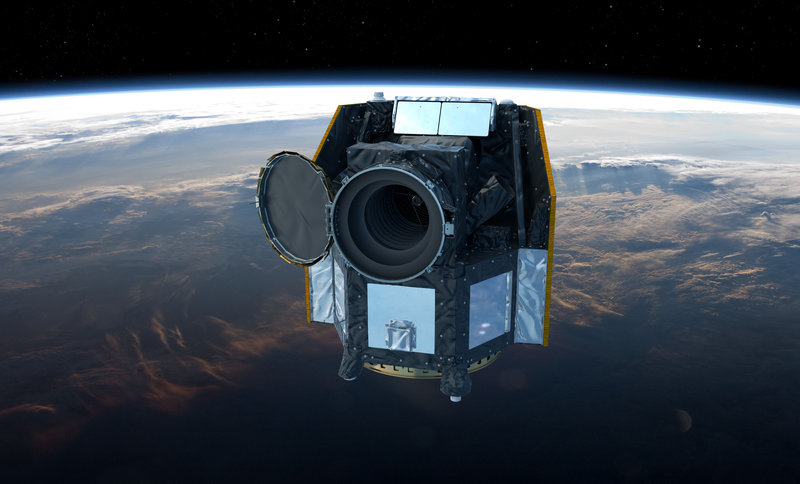science
Catalan research institute part of mission to study exoplanets
The European Space Agency (ESA) has declared the Cheops satellite fit to fly on what will be the first ESA mission specifically aimed at gathering knowledge of exoplanets. A small telescope will go into Earth orbit and will aim its 30-centimetre diameter lens at the brightest stars. The mission’s goal is not to find new ones, but to learn more about those already discovered.
Through the transit of the exoplanets, the moments in which they pass in front of the stars they orbit, scientists can analyse the characteristics of those distant bodies through the information they extract from the light using high-precision photometric techniques. Cheops (Characterising Exoplanet Satellite) will place itself a some 700 kilometres from Earth and it is estimated it will study some 350 exoplanets in the three and a half years the mission is to last, although its technology and fuel could allow it to continue for a decade.
While the project is primarily Swiss, Catalonia’s IEEC space research institute is a member of the scientific committee that will select the objects to be studied. The selection is made according to different criteria, such as which bodies have so far been studied in the worst conditions (so as to study them further) and which offer the most possibilities for research after intensive observation.

